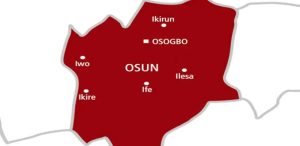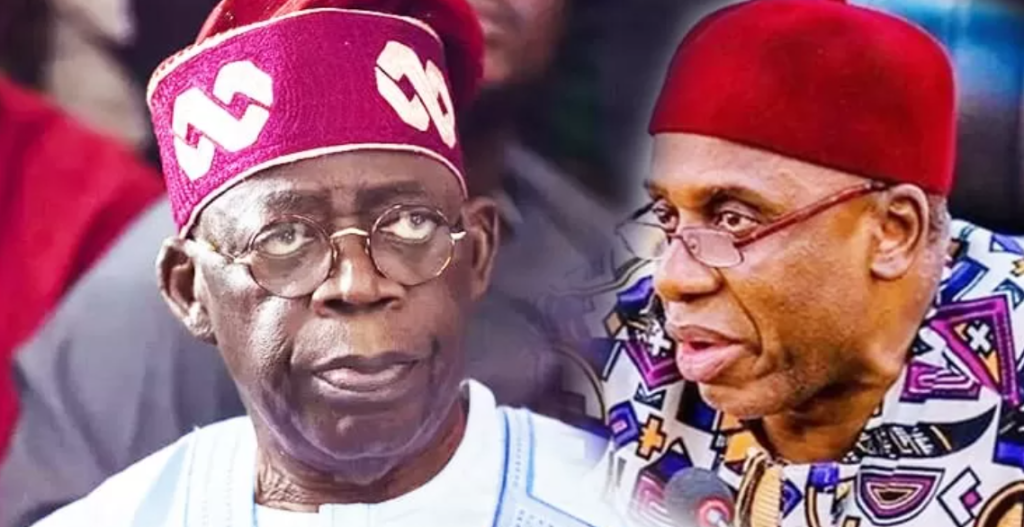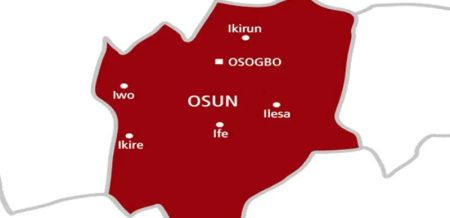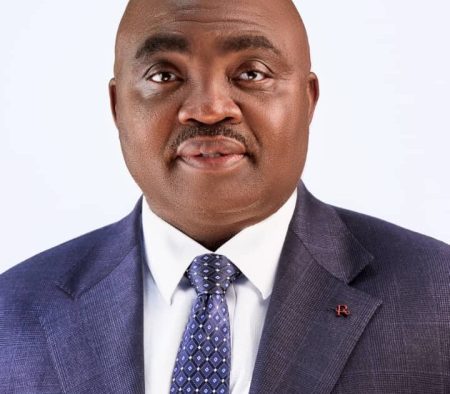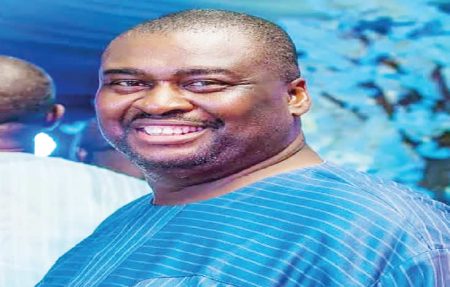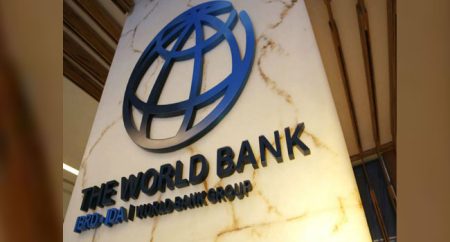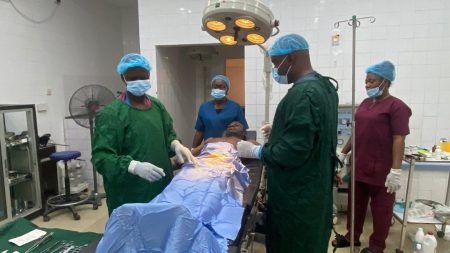Rotimi Amaechi, a prominent figure in Nigerian politics and a chieftain of the ruling All Progressives Congress (APC), has issued a stark warning about the country’s economic trajectory under President Bola Tinubu’s administration. His assessment paints a bleak picture of widespread suffering, marked by escalating poverty, food insecurity, and a surge in out-of-school children. Amaechi’s critique comes at a critical juncture, as the APC recently endorsed Tinubu as its sole presidential candidate for the 2027 elections, a decision Amaechi openly questioned. While affirming his loyalty to the APC, he stressed that party allegiance should not supersede national conscience, particularly when the government’s performance is detrimental to the welfare of the citizens.
Amaechi’s pronouncements carry significant weight given his political stature. He has served as the governor of Rivers State twice and held the position of Minister of Transportation. His experience as Chairman of the Nigeria Governors’ Forum further lends credence to his concerns about the escalating number of out-of-school children, a stark indicator of the country’s socio-economic challenges. His willingness to challenge the ruling party’s trajectory, despite being a member, signals a potential shift in the political landscape and underscores the gravity of the economic situation.
Amaechi directly links the rising insecurity, including Boko Haram insurgency, banditry, and kidnapping, to the worsening economic conditions. He argues that desperation and hunger are driving many into these criminal activities, highlighting the need for a comprehensive approach to address both the economic and security crises. This perspective underscores the interconnectedness of these challenges and the potential for economic hardship to fuel further instability. He emphasized that the Boko Haram insurgency, often framed as a religious conflict, is deeply rooted in socio-economic factors, with many participants driven by desperation and lack of opportunities.
The former minister’s call for the opposition to unite and challenge Tinubu’s administration in the 2027 elections reflects a growing sentiment of discontent and a desire for change. His willingness to consider a presidential bid himself adds another layer of complexity to the political dynamics. This potential realignment could reshape the political landscape and provide a more robust opposition force, potentially offering voters a viable alternative to the current administration.
The emerging opposition coalition, as envisioned by Amaechi, involves key figures like Atiku Abubakar of the Peoples Democratic Party (PDP) and Peter Obi of the Labour Party. Even Nasir El-Rufai, a former governor of Kaduna State and once a close ally of Tinubu, has expressed interest in supporting such an alliance. This potential convergence of diverse political figures underscores the shared concern over the country’s direction and the growing momentum for change. The success of such an alliance, however, hinges on their ability to overcome historical rivalries and present a united front.
Amaechi’s outspoken criticism of the current administration and his call for a united opposition comes as the ruling APC continues to absorb defectors from other parties. This trend raises concerns about the potential for a one-party state, a scenario that Amaechi warns could stifle democratic processes and suppress dissenting voices. His call for a strong opposition is, therefore, not just about challenging the current government but also about safeguarding democratic principles and ensuring a healthy political ecosystem. He believes that a robust opposition is crucial for holding the government accountable and ensuring that diverse perspectives are represented in the political discourse.


